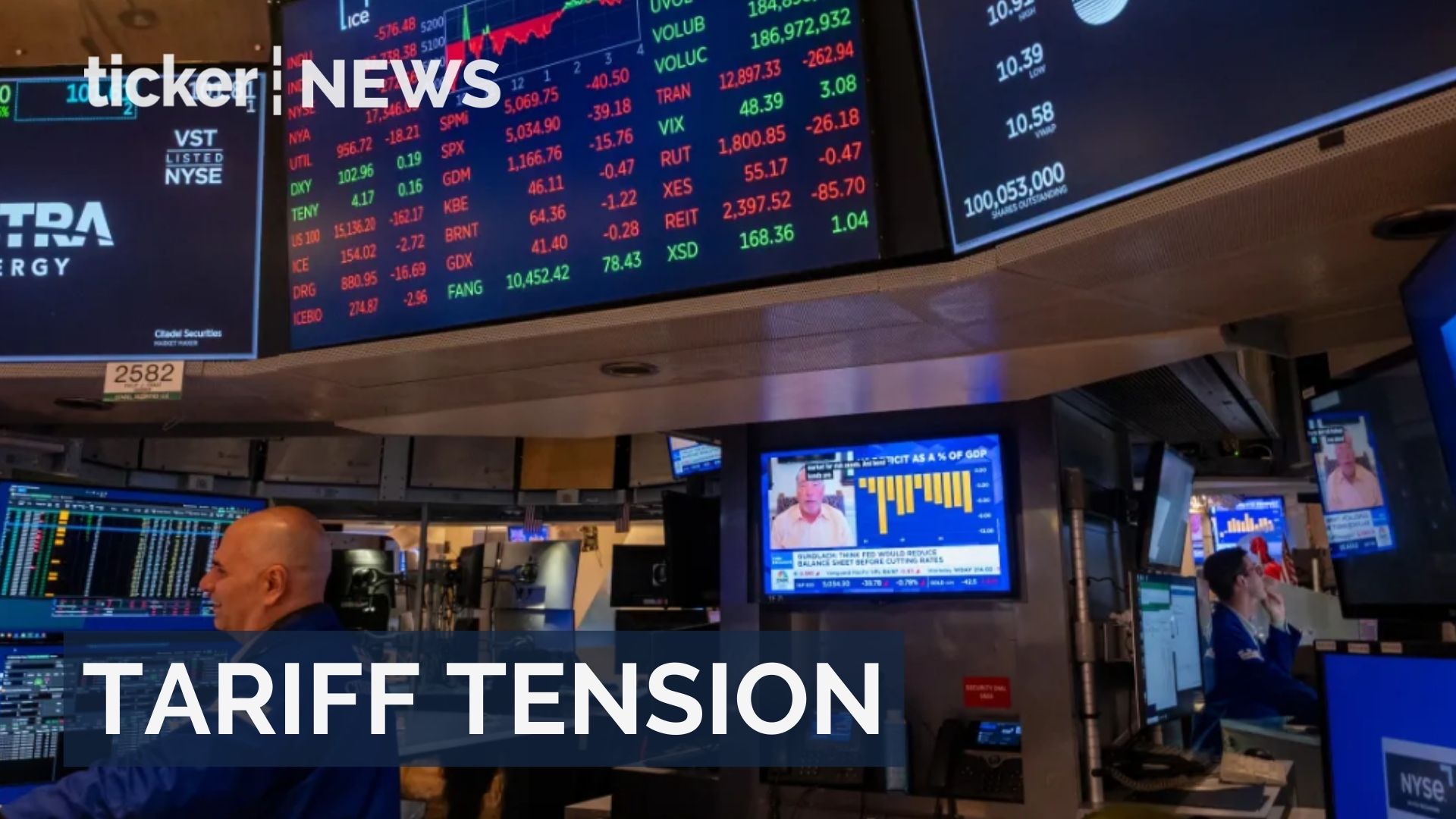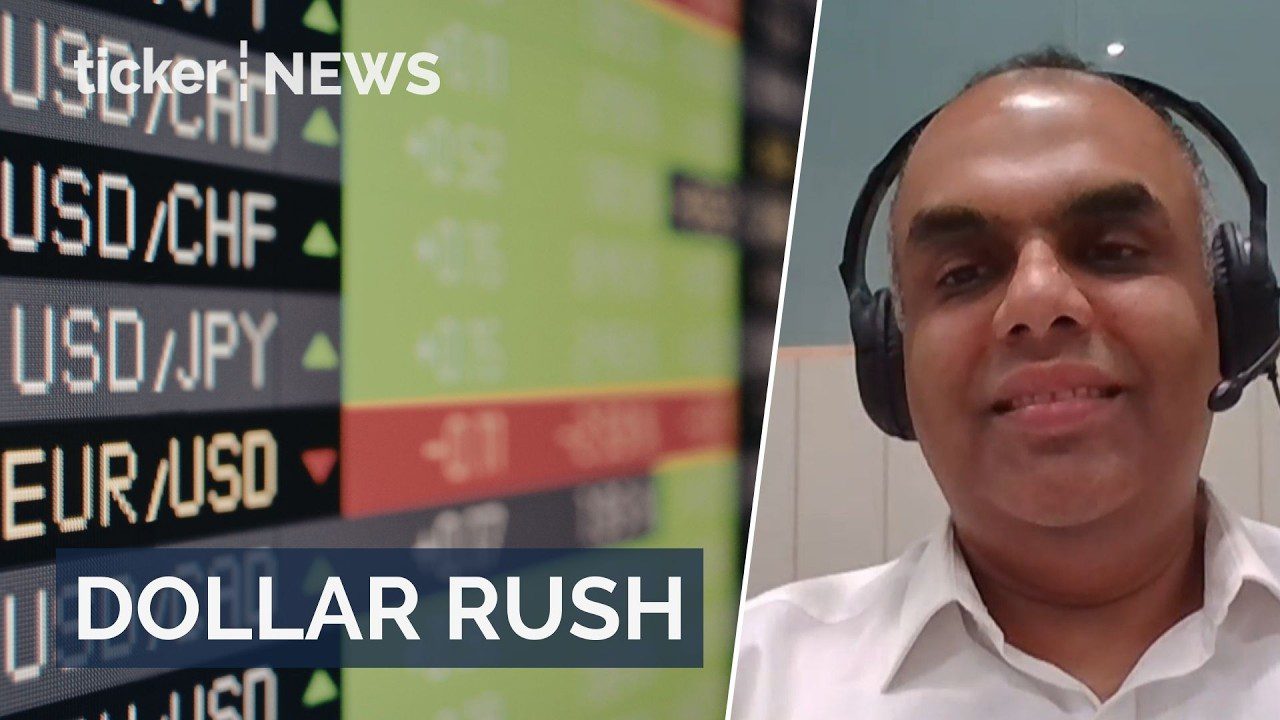Money
Britain is already in a recession according to the finance minister
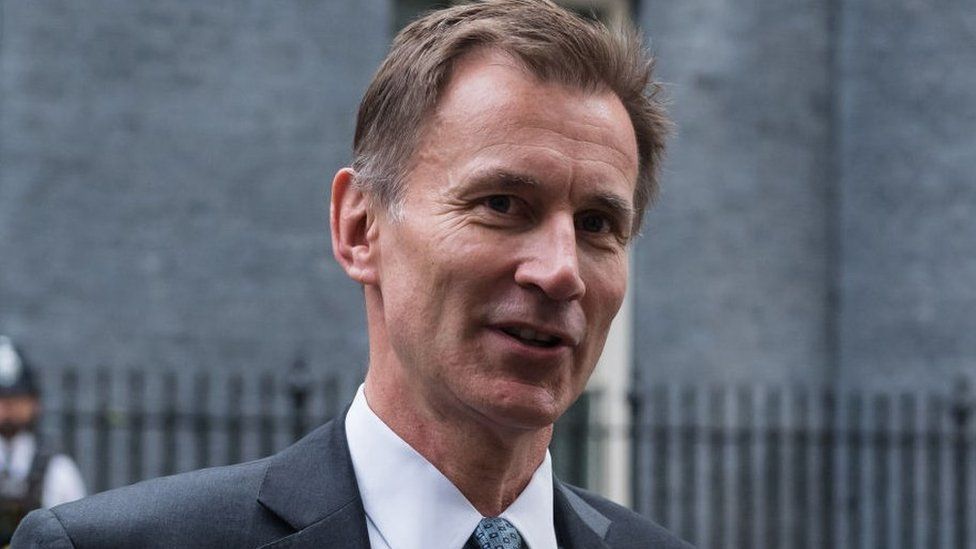
Money
Stocks tumble amid AI concerns and Trump tariff update
Dow drops 800+ points as AI and trade worries hit tech and retail stocks; bonds rise amid market volatility.
Money
U.S. investors flee stock market for global opportunities
U.S. investors withdrew $75 billion from stocks in six months, fastest in 16 years, with $52 billion in 2026 alone.
Money
US dollar strength hits NZ dollar amid FX market shifts
US dollar rises amid strong US growth; New Zealand faces pressure as traders navigate volatile FX and geopolitical impacts.
-



 Tech4 days ago
Tech4 days agoSam Altman predicts superintelligence could appear by 2028
-



 News4 days ago
News4 days agoAndrew Mountbatten-Windsor released after 12-hour questioning
-



 Money4 days ago
Money4 days agoOil hits seven-month high, and gold surpasses $5,000 amid US-Iran tensions
-

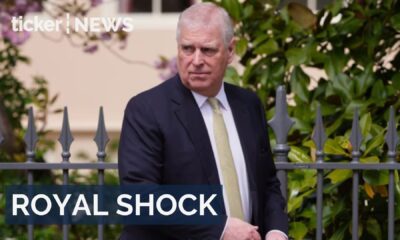

 Ticker Views4 days ago
Ticker Views4 days agoPrince Andrew arrested: What it means for the Royal Family
-

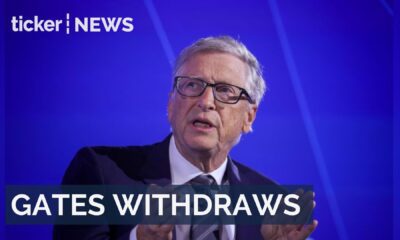

 News4 days ago
News4 days agoBill Gates withdraws from India AI Impact Summit before keynote
-



 Leaders4 days ago
Leaders4 days agoYoung author Maya Ahmed publishes debut novel at 13
-



 News1 day ago
News1 day agoIran signals nuclear concessions as U.S. talks intensify
-

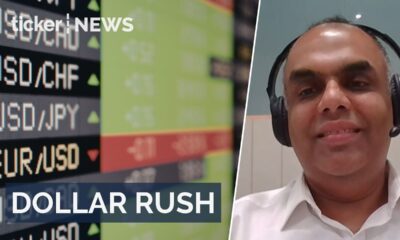

 Money4 days ago
Money4 days agoUS dollar strength hits NZ dollar amid FX market shifts



